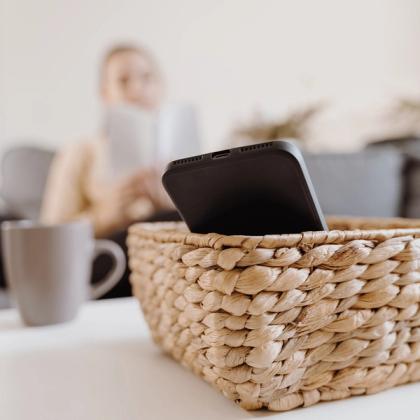This podcast episode is worth 0.58 CPD credits. Upgrade to Pro
We live in an age of increasing digital connectivity where technology plays an ever-prominent role in peoples’ lives. While social media can provide a platform for support and connection, we are all susceptible to the negative effects of overuse or misuse, particularly on our sleeping patterns and our mental health. In this episode, the second in a series on digital wellbeing, Dr James Waldron interviews Dr Alex Lai of the WorkWell Doctors about the patient perspective. It explores how we can: 1) help patients understand the impacts of social media use on their wellbeing during clinical consultations; and 2) suggest strategies to promote healthy use of digital tools.
Useful links
Key take-home points
- Excessive technology and social media use can negatively impact sleep and mental health. It is worth remembering that checking or engaging with social media can cause a dopamine surge within the brain and that app algorithms are created to evoke reaction and addiction.
- During consultations with children and teenagers take some time to ask about social media use and to review what they are following together. Remind them to unfollow people who don’t make them feel good about themselves as a means to regain control of their mood.
- Go "back to basics" in providing parents/caregivers and children with advice to help moderate technology use and to incentivise reduced screen time, including, for example, use of parental controls and removing devices from bedrooms at night.
- For patients with sleep issues, encourage good sleep hygiene, including not engaging with social media before bedtime, removing devices from bedrooms and participation in daytime physical activity.
- Mindfulness apps (e.g. Headspace), sleep aids (e.g. Dodow) and cognitive behavioural therapy courses, such as NICE-recommended Sleepio, can be useful alternatives to medical treatment.
- Our attention span is decreasing as social media use and access to technology increase. For people who have or are awaiting assessment for attention deficit hyperactivity disorder (ADHD), some social media forums (e.g. ADHD Love) can help with understanding, recognition and management of symptoms.
- Encourage patients to review their screen time and to set limits and boundaries to ensure healthy use. Delay apps (e.g. One Sec) that encourage a mindful pause before accessing apps/websites can be helpful.
- Reassure patients that unpicking codependency takes time: encourage setting of monthly reminders to check in on digital wellbeing.
Create an account to add page annotations
Annotations allow you to add information to this page that would be handy to have on hand during a consultation. E.g. a website or number. This information will always show when you visit this page.
